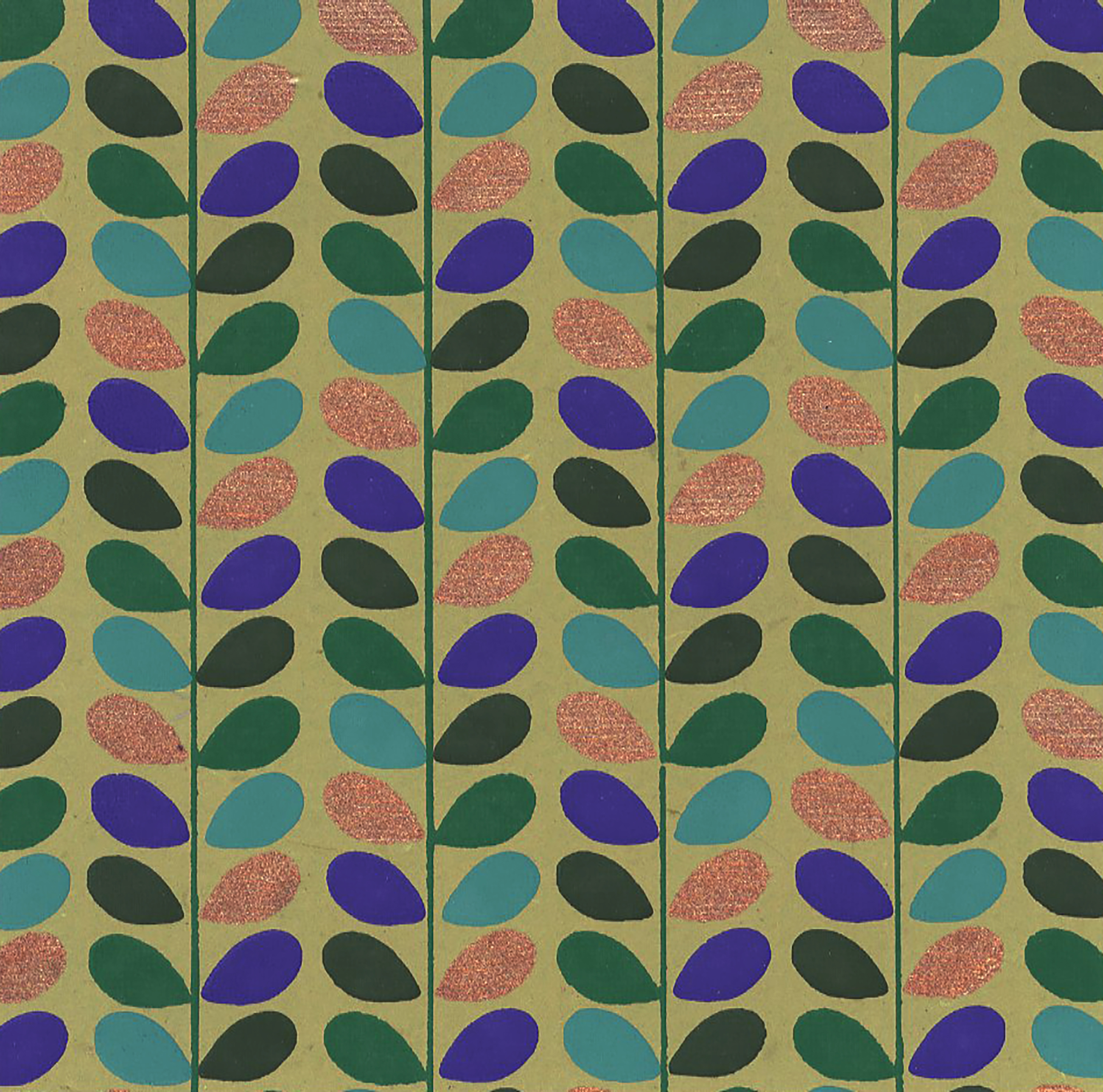Michael Robinson
Jetavana

Cover art is handmade paper from India
available on myriad additional platforms
Michael discussing Jetavana on dublab
1. Jetavana 55:24
Inspired by Black Crow by Joni Mitchell
meruvina: Vox organ, Rhodes electric piano
Composed, Programmed and Mixed by Michael Robinson
Recorded and Mastered by Catharine Wood at Planetwood Studios
A Rhodes electric piano pulsates evocative chords expanded upon by an intimate Vox organ both declarative and soaring in a crystalline, radiant setting. Jetavana, near the Rapti river in the northeastern part of Uttar Pradesh India, close to the Nepalese border, is where Buddha spent 19 of his 45 rainy seasons composing and preaching the sutras. Lahaina, Maui has the largest statue of Buddha outside of Japan which I would walk miles from my home to visit. It is an elevated creation to imbibe and ponder having a larger than human scale sculpted with exquisite grace, framed by the majestic West Maui Mountains in the distance. During my visits, I took pleasure in sounding several giant Japanese gongs in the vicinity. The Buddha and the gongs are on the grounds of a Japanese temple alongside the ocean opposite the mountains. About five years ago, a sublime statue of Buddha was lent or given, I'm still not sure which, and sits inside the front area of my Los Angeles home. Appearing to be made of metal or stone, this rather large statue is actually painted wood, and I love having it there. While Buddha was born in Nepal and lived in India, my overwhelming exposure has been to Hindu spiritual concepts, discovering they are one with Indian classical music. North Indian or Hindustani music was spawned by the historic commingling of Hindu and Muslim cultures, with South Indian or Carnatic music being traditionally free of Muslim influence. My teachers and primary focus represent North Indian traditions, while simultaneously pursuing a keen interest in Carnatic music independently. Jetavana was named after the music was composed and realized, the title manifesting most naturally, myself never having heard of Jetavana before, translated with an alternate spelling from an ancient Chinese poem I was reading. A jade flute, by angels long ago - Po Chu-I (772-846) (translated by Arthur Waley) Relating the music to the title, the chords repeat a fourteen measure cycle, and perhaps the joining melodies may be thought of representing the searching for freedom from the cycles of life, said to be Buddha's primary mission. My musical orientation, motivated by passion for the highest musical quality transcending superficial boundaries and borders, includes jazz, Indian classical, European classical, rock, folk, and various forms of Western avant-garde and popular forms filtered through personal expressive, spiritual and intellectual instincts and preferences. In terms of rasa (expression, nectar), Jetavana touches upon shanta rasa (peaceful, tranquil), karuna rasa (mournful, sad), adbhuta rasa (wonderment, exploration) and veera rasa (bravery, valor). In technical terms, the chords are minor triad, minor seventh, and minor ninth, with melodic invention derived from Kafi thaat modulating for the varied tonal centers of the chords, all using Just Intonation. I enjoyed taking advantage of a wide pitch range afforded by the Vox organ, these corresponding to the body chakras in terms of high, middle and low registers. Pandit Jasraj was pleased to hear me relate music to the human body while interviewing him, remarking, "Your knowledge is very deep." Both the opening and ending of Jetavana are unexpectedly sudden, especially the latter, with one possible interpretation being how Buddha wished for us to be awakened, his very name meaning "the awakened one." My generous usage of tremolos in Jetavana, notably including the mentioned ending, is part of my musical vocabulary influenced by the expressive saxophone "growls" informing the playing of Ben Webster, Coleman Hawkins, Charlie Parker and others, together with the santoor tremolos practiced by Shivkumar Sharma. - Michael Robinson, April 2022, Los Angeles
© 2022 Michael Robinson All Rights Reserved
|